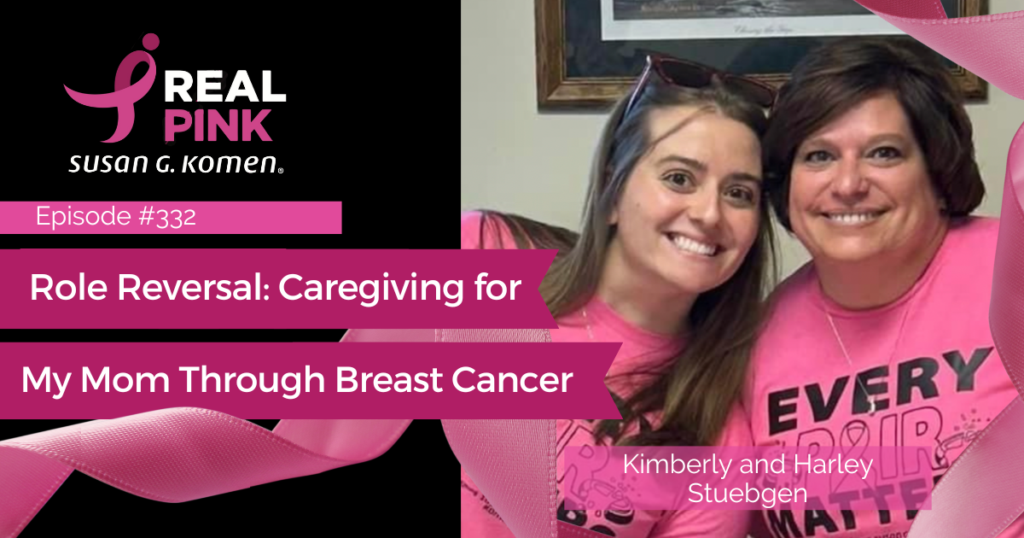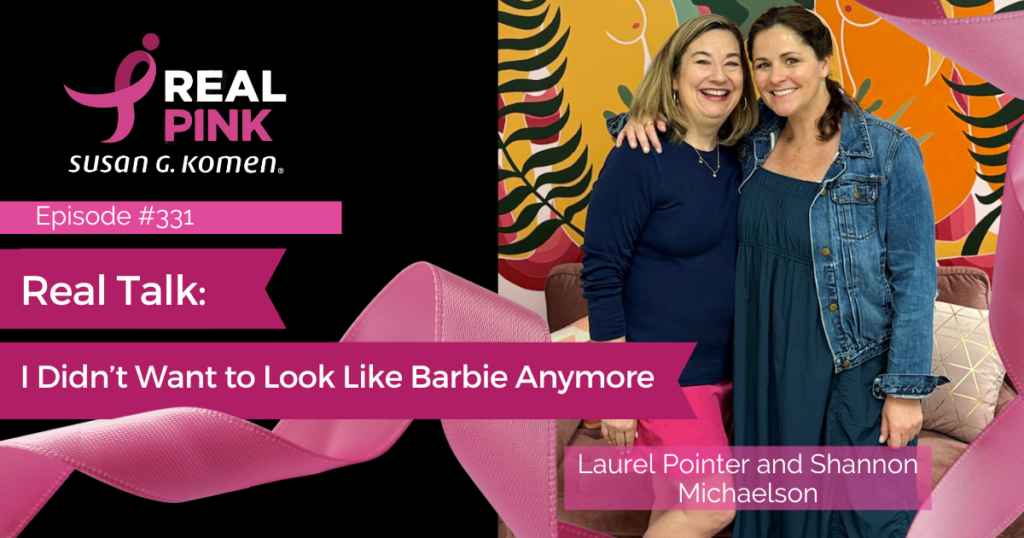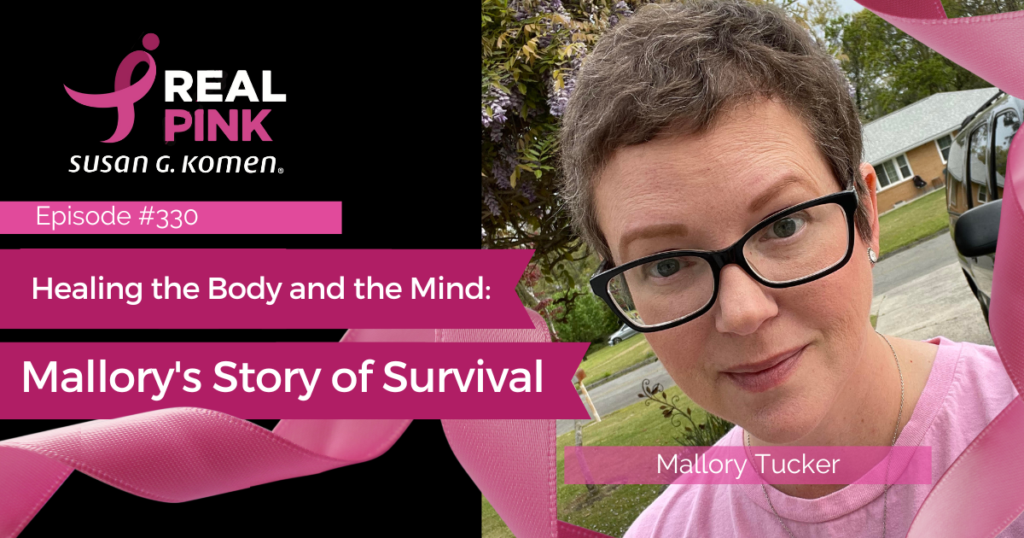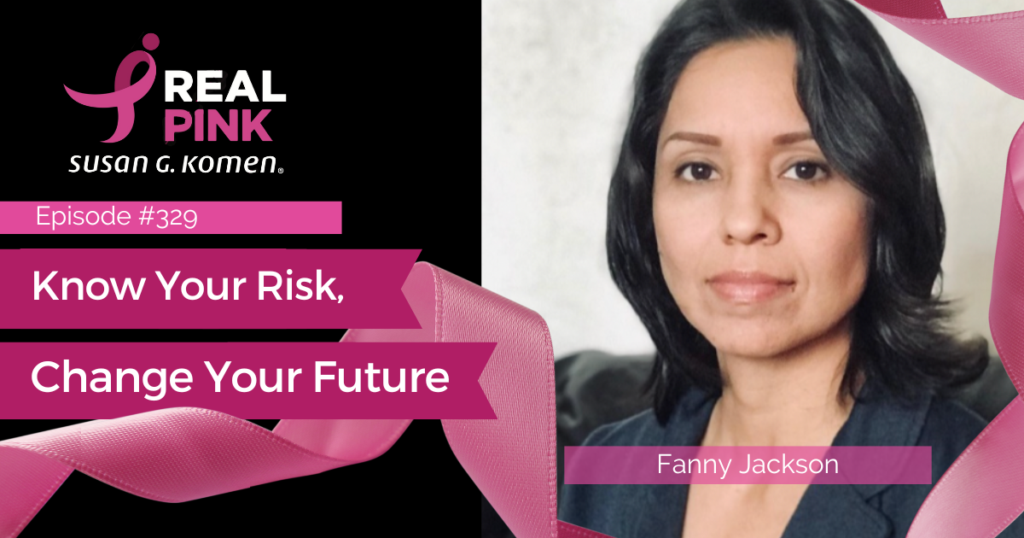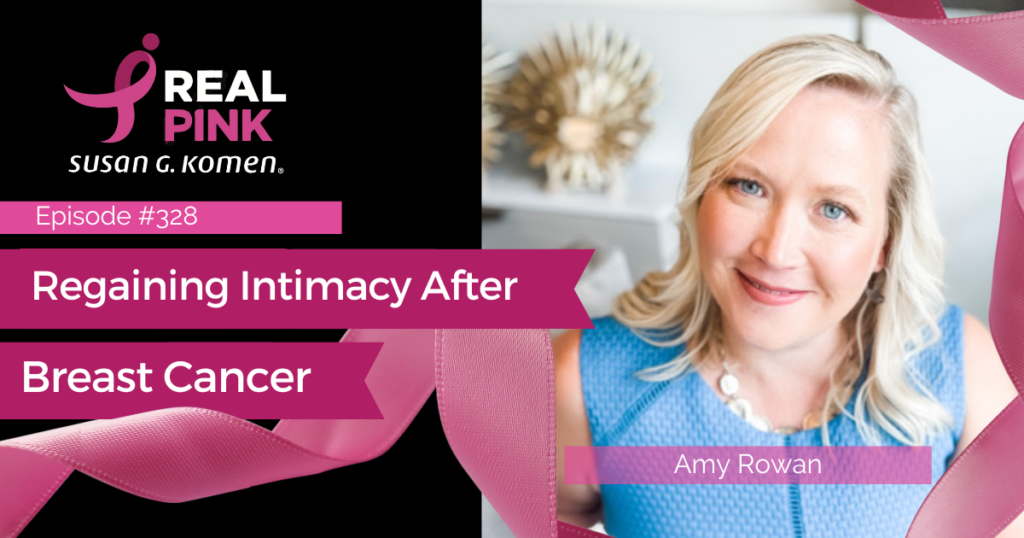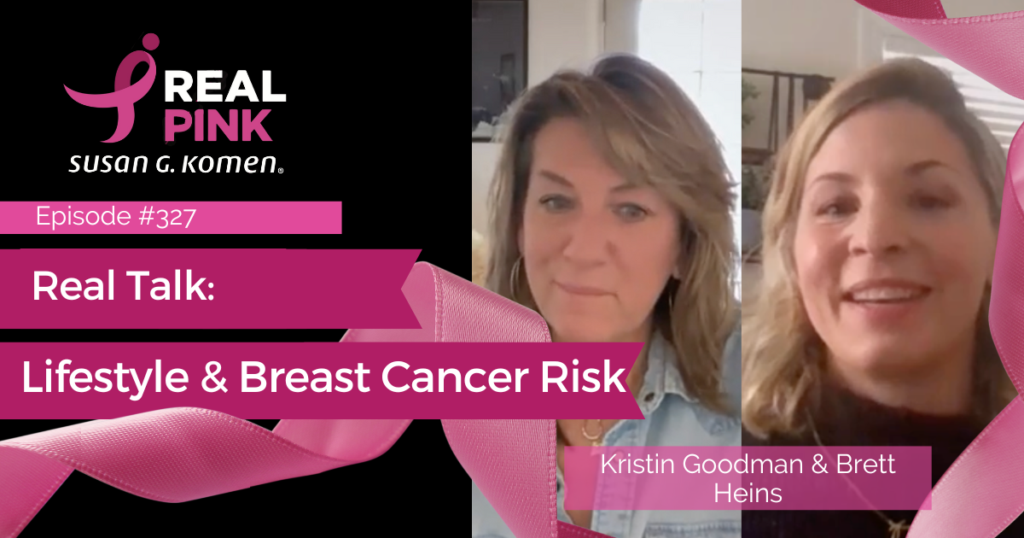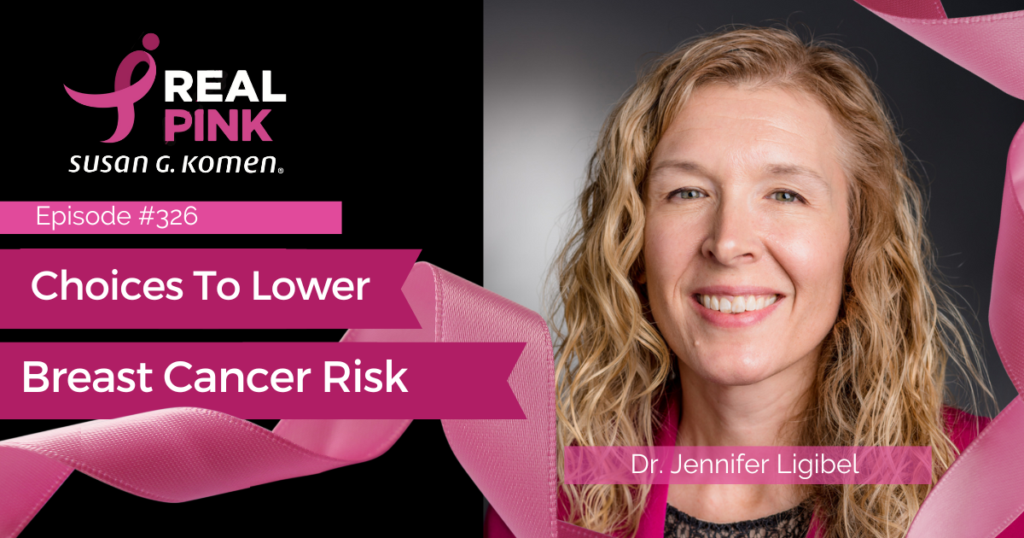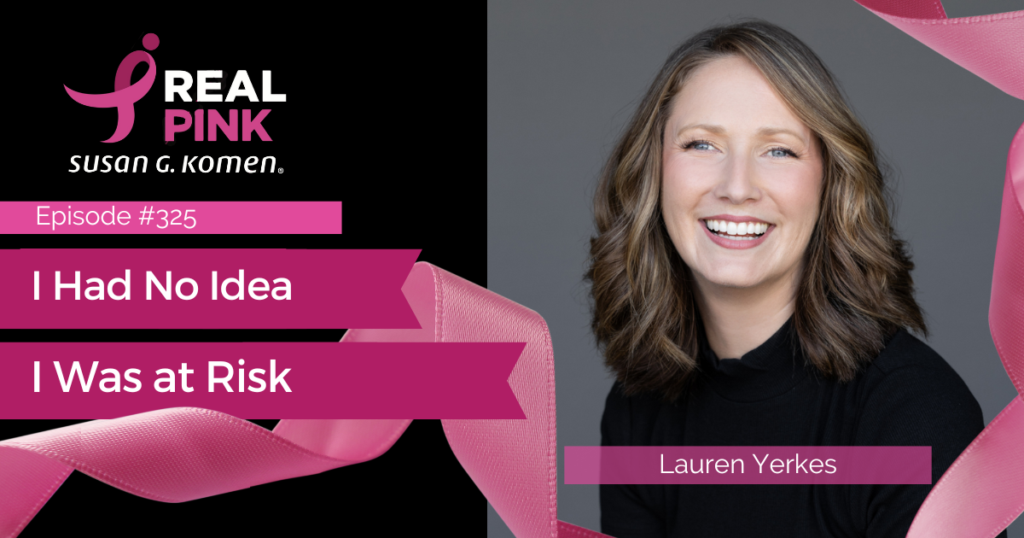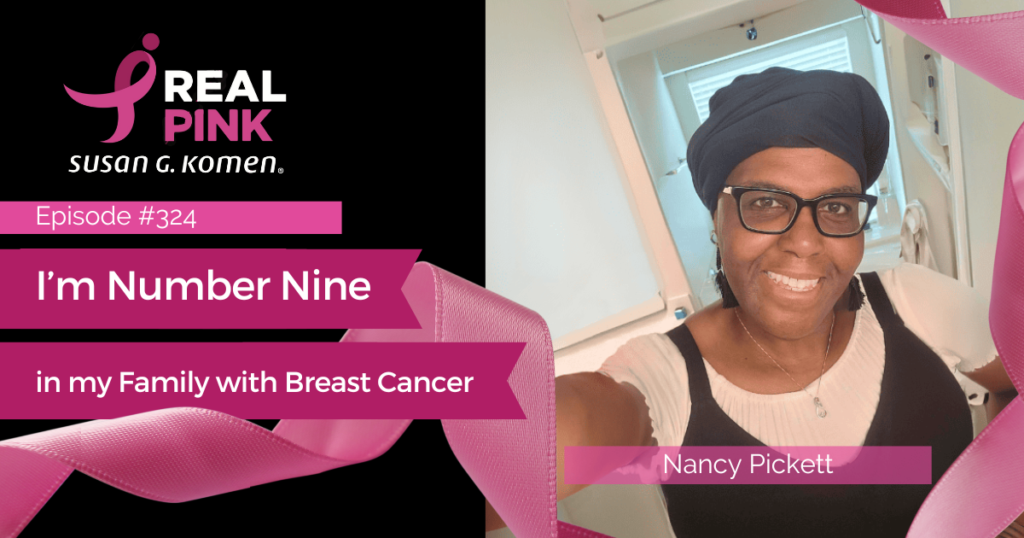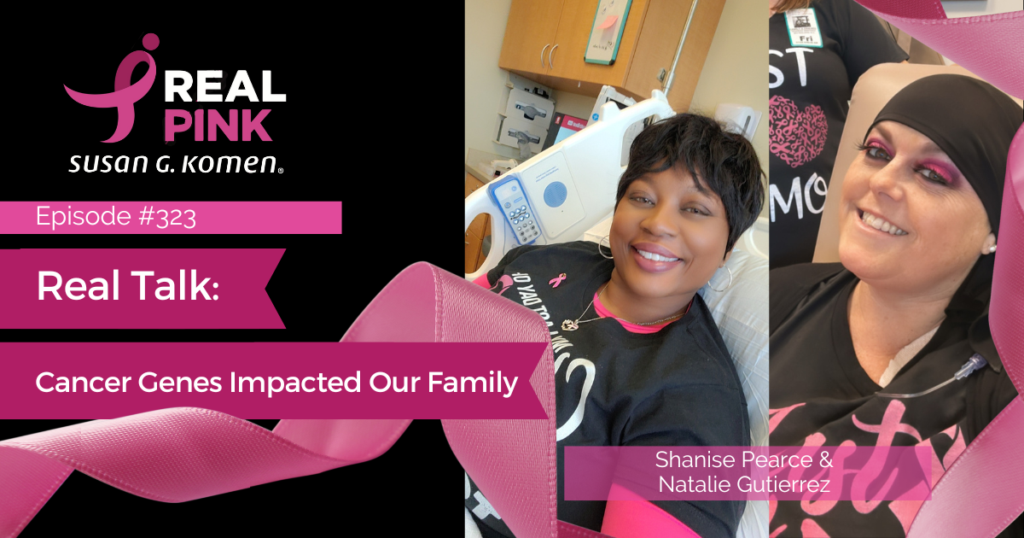Posts by grant
Role Reversal: Caregiving for My Mom Through Breast Cancer
Caregiving can be a very personal role on many levels – assisting a loved one through their cancer diagnosis, helping with daily activities, providing support and helping to make treatment decisions may all be a part of their responsibilities. When young adults are the caregiver taking care of a parent, they face many unique challenges, such as having more duties to juggle and managing their own growing relationships and careers. Harley Stuebgen was just 25 years old when her mom was diagnosed with breast cancer. She immediately stepped in as her caregiver and supported her throughout her entire breast cancer journey. For her mother, Kim, the support of her daughter and her greater community gave her the strength and support that she needed to keep going. Their experience highlights the powerful bond between mother and daughter and how allowing people to help can make all the difference.
Read MoreReal Talk: I Didn’t Want to Look Like Barbie Anymore
Laurel Pointer always knew that breast cancer was a possibility, with a strong family history and a confirmed CHEK2 gene mutation. In July 2024, Laurel was diagnosed with stage 1 invasive lobular carcinoma and immediately knew that she wanted a bilateral mastectomy with reconstruction. Shannon Michaelson has been Laurel’s co-worker and close friend for the past 6 years. As soon as Laurel got the news of an irregular mammogram, the two were immediately on the phone and Shannon has been part of Laurel’s support team every step of the way.
Laurel recently went through the final step of her reconstruction by getting 3D nipple tattoos, with Shannon by her side. These two are committed to supporting each other and the breast cancer community; and today they are here to talk about what the procedure was like and the emotions that have gone with it.
Read MoreHealing the Body and the Mind: Mallory’s Story of Survival
Today’s guest is Mallory Tucker, a mother of four and breast cancer survivor from Georgia. She shares her experience with her diagnosis, how she approached the conversation with her children, and the role therapy played in helping her navigate treatment.
Read MoreKnow Your Risk, Change Your Future
What if one call could help change not just your future, but your family’s too? In this episode of Real Pink, we’re joined by Fanny Jackson, a compassionate and experienced Komen Patient Navigator, who walks us through how she helps callers to the Komen Patient Care Center understand and access genetic counseling and testing.
Fanny shares how knowing your genetic risk for breast cancer—especially for those in Black, Latino and other underserved communities — can lead to earlier interventions, more personalized care and even save lives. We’ll also talk about the systemic barriers many people face in accessing these life-changing services, and how Fanny and the Komen Patient Care Cetner team work to break those barriers down, one conversation at a time.
Regaining Intimacy After Breast Cancer
If you’re struggling with issues affecting your sexuality, you’re not alone. Sex and intimacy can be difficult for many women after a breast cancer diagnosis. Joining us today is Amy Rowan, a Certified Clinical Sexologist and Intimacy Coach. She’s known as the Suburban Sexologist because she is just like so many of you – a busy, working mom and breast cancer survivor who just gets it. She makes talking about sex seem like the most comfortable thing in the world and she is here today to acknowledge just how hard intimacy after breast cancer can be and to give us some tips on how to deal with emotions and regain intimacy after treatment.
Read MoreReal Talk: Lifestyle & Breast Cancer Risk
Brett Heins went through breast cancer in her late 30s. Kristin Goodman was in her early 40s when she was diagnosed. Both women are well below the average age at diagnosis – 62 – leading them to wonder what caused their cancer to develop. A growing body of research shows lifestyle choices – everything from drinking alcohol to following a healthy diet – influences one’s risk of breast cancer.
Read MoreChoices To Lower Breast Cancer Risk
Everyone is at risk of breast cancer. Some are more at risk than others due to hereditary factors – such as a family history of cancers – and lifestyle choices that affect our overall health. Knowing your risk of breast cancer can help you decide what steps to take to lower your risk.
Joining me today is Dr. Jennifer Ligibel, a Susan G. Komen Scholar and Komen grantee, Professor of Medicine at Harvard Medical School, Senior Physician at the Dana-Farber Cancer Institute and an expert on the impact of lifestyle factors, cancer risk and outcomes. Through more than a dozen lifestyle intervention trials, Dr. Ligibel has evaluated the impact of exercise, weight loss, fitness, body composition and quality of life in cancer patients and survivors.
I Had No Idea I Was at Risk
Just before her 38th birthday, Lauren Yerkes learned she had breast cancer. Genetic testing would reveal she had the BRCA2 inherited gene mutation that made her at higher risk of developing breast and ovarian cancers. Her experience made her want to educate people about inherited genetic mutations because she had no idea at the time that she was at risk. Lauren is here today to share her story, the preventative measures she has taken for her health and how she is giving back to the breast cancer community.
Read MoreI’m Number Nine in my Family with Breast Cancer
Today, we’re honored to share the story of Nancy Pickett, a woman whose breast cancer journey is not just her own — it’s part of a long family history. Nancy is the ninth person in her family to be diagnosed with breast cancer, making her path one of both personal resilience and advocacy.
As we celebrate Women’s History Month, we recognize that every woman’s breast cancer journey is unique. That’s why personalized care is so important — ensuring that every patient gets the right support, resources and treatment for their specific needs.
Real Talk: Cancer Genes Impacted Our Family
Breast cancer risk looks different for everyone. Our guests today have an inherited genetic mutation that increased their risk of breast cancer. Without knowing it, they may have passed this gene onto their children. Genetic mutations can increase risk of breast and ovarian cancers in women, and prostate cancer in men. About 10% of breast cancers are genetic – knowing if you have a gene mutation can help you take steps to lower your risk.
Read More
